Apple, Google, Dell, Microsoft and Tesla have been named in a lawsuit alleging the exploitation of underage labor in the Democratic Republic of Congo (DRC). In each case, the companies are accused of knowing that the cobalt they buy to use in their battery technologies was originally mined by young children.
"The young children mining Defendants' cobalt are not merely being forced to work full-time, extremely dangerous mining jobs at the expense [of] their educations and futures," says the suit, "they are being regularly maimed and killed by tunnel collapses and other known hazards common to cobalt mining in the DRC."
"Cobalt is a key component of every rechargeable lithium-ion battery in all of the gadgets made by Defendants and all other tech and electric car companies in the world," it continues, "that has brought on the latest wave of cruel exploitation fueled by greed, corruption and indifference to a population of powerless, starving Congolese people."
The suit was filed in the US District of Columbia by Terrence Collingsworth of International Rights Advocates on behalf of both multiple specific plaintiffs and others similarly affected.
Saying that the plaintiffs expect to add other companies to the case following further research, the suit claims that these firms have all used a euphemism to facilitate the underage work.
"[The workers] are officially referred to as 'artisanal' miners to dress up the fact that this means they are working in a large informal sector of people, including young children, who go to the areas where cobalt is found and use primitive tools to dig and tunnel for cobalt without any safety equipment and without any structural support for the tunnels," it says.
The full suit (linked below) details multiple cases of injuries and fatalities that it says are common in the work.
"Miners are regularly maimed or killed when a tunnel collapses, and frequently, the bodies of those trapped in the darkness of rubble are never recovered."
The suit seeks a trial by jury and ultimately damages and costs to the miners. It also wants the companies to fund "appropriate medical care" for the plaintives, "and clean up the environmental impacts."
The cobalt mines in the court filing are owned by Glencore, and a spokesperson from the company has told ">The Guardian that it denies using such labor.
"Glencore supports and respects human rights in a manner consistent with the universal declaration of human rights," said the spokesperson. "Glencore's production of cobalt in the DRC is a by-product of our industrial copper production. Glencore's operations in the DRC do not purchase or process any artisanally mined ore."
"Glencore does not tolerate any form of child, forced, or compulsory labour," the spokesperson continued.
Apple has not publicly commented on the suit, filed today, but it has previously been accused of similar activities.
In 2016, Amnesty International claimed that a range of firms including Apple, Samsung, Sony and Microsoft, were buying cobalt from producers who mined it using these underage people.
At the time, Apple responded that it was unable to determine the origin of the cobalt that it used.
"Underage labour is never tolerated in our supply chain and we are proud to have led the industry in pioneering new safeguards," Apple then said in a statement to the BBC. "We are currently evaluating dozens of different materials, including cobalt, in order to identify labour and environmental risks as well as opportunities for Apple to bring about effective, scalable and sustainable change."
Congo Suit by Mikey Campbell on Scribd
 William Gallagher
William Gallagher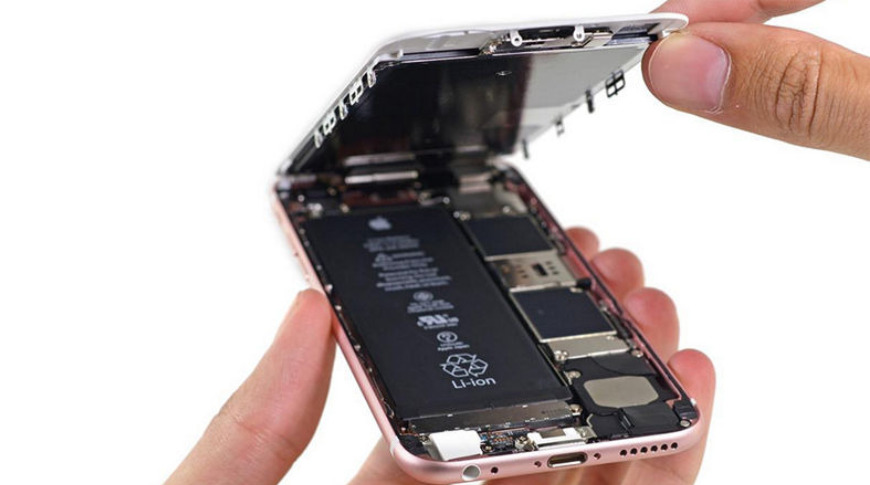






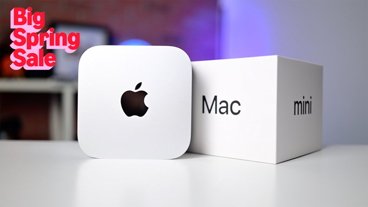
-m.jpg)






 Christine McKee
Christine McKee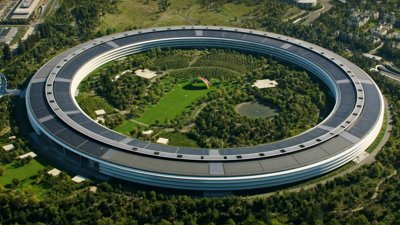
 Wesley Hilliard
Wesley Hilliard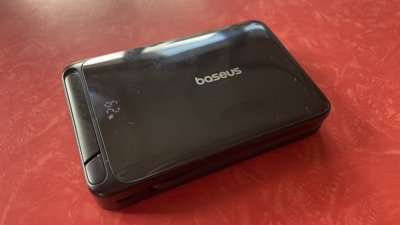
 Thomas Sibilly
Thomas Sibilly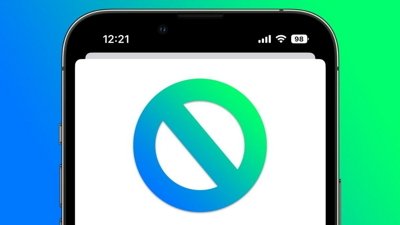
 Marko Zivkovic
Marko Zivkovic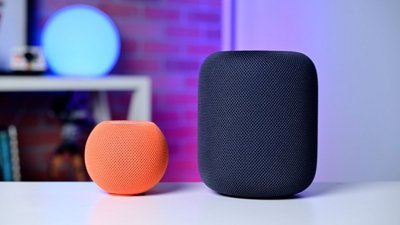
 Andrew O'Hara
Andrew O'Hara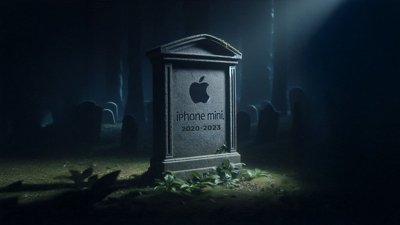
 Amber Neely
Amber Neely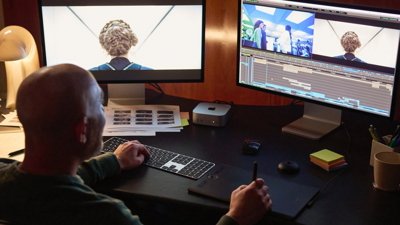










55 Comments
I don't know whether including Google is valid or not. For Google's part they've acknowledged the serious child labor problem in the Congo and since at least 2016 have been monetarily assisting the effort to eradicate this issue in the mines there.
https://sustainability.google/projects/children-out-of-mining/
If this guy Terrence Collingsworth is so cared of younger people working and making living to feed themselves and family than he should give his own money to them. If he is lawyer than must not be making enough living.
Why not sue Congo government for failing to protect their young citizens?
The problem seems to start in the country the cobalt is being mined, then with the companies buying the cobalt (battery suppliers). Going up the chain to companies that don’t make the devices (just design and sell them) is really going after the wrong people.
Next, is the lawsuit about money? How much? And where does it go, if they win the lawsuit? Somehow I doubt it gets back to the exploited children.